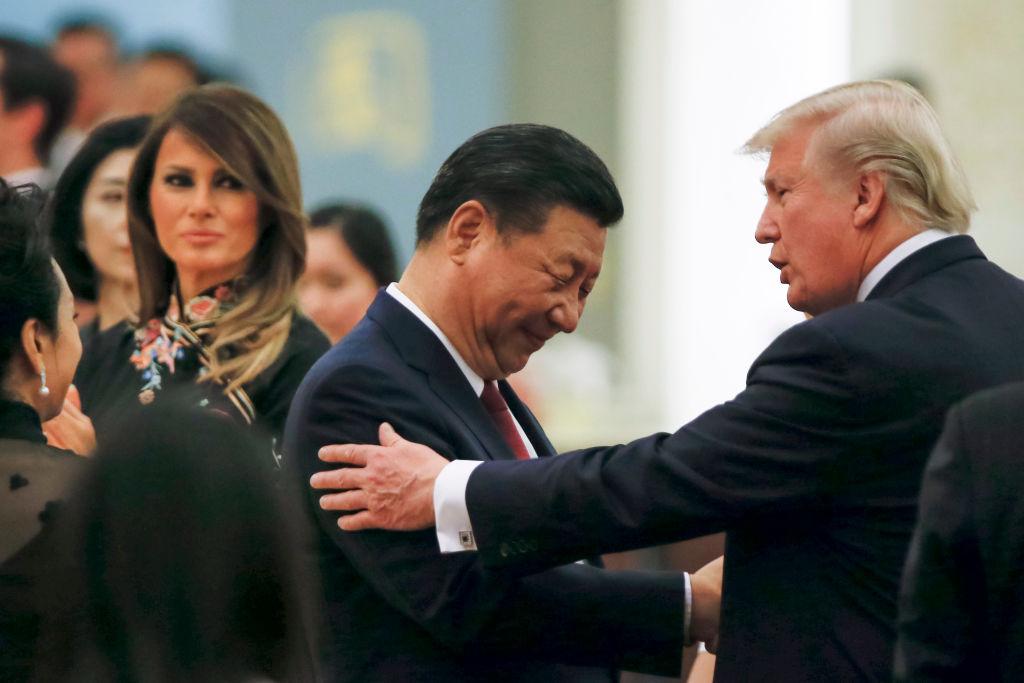WASHINGTON—Chinese officials said they found “massive evidence” of antitrust violations by America’s largest memory-chip maker, Micron Technology, in an investigation that is expected to result in the Chinese regime slapping Micron with substantial fines.
The tit-for-tat move, which may escalate the U.S.-China trade dispute, followed the recent U.S. crackdown on a Chinese state-owned company for stealing American trade secrets.





